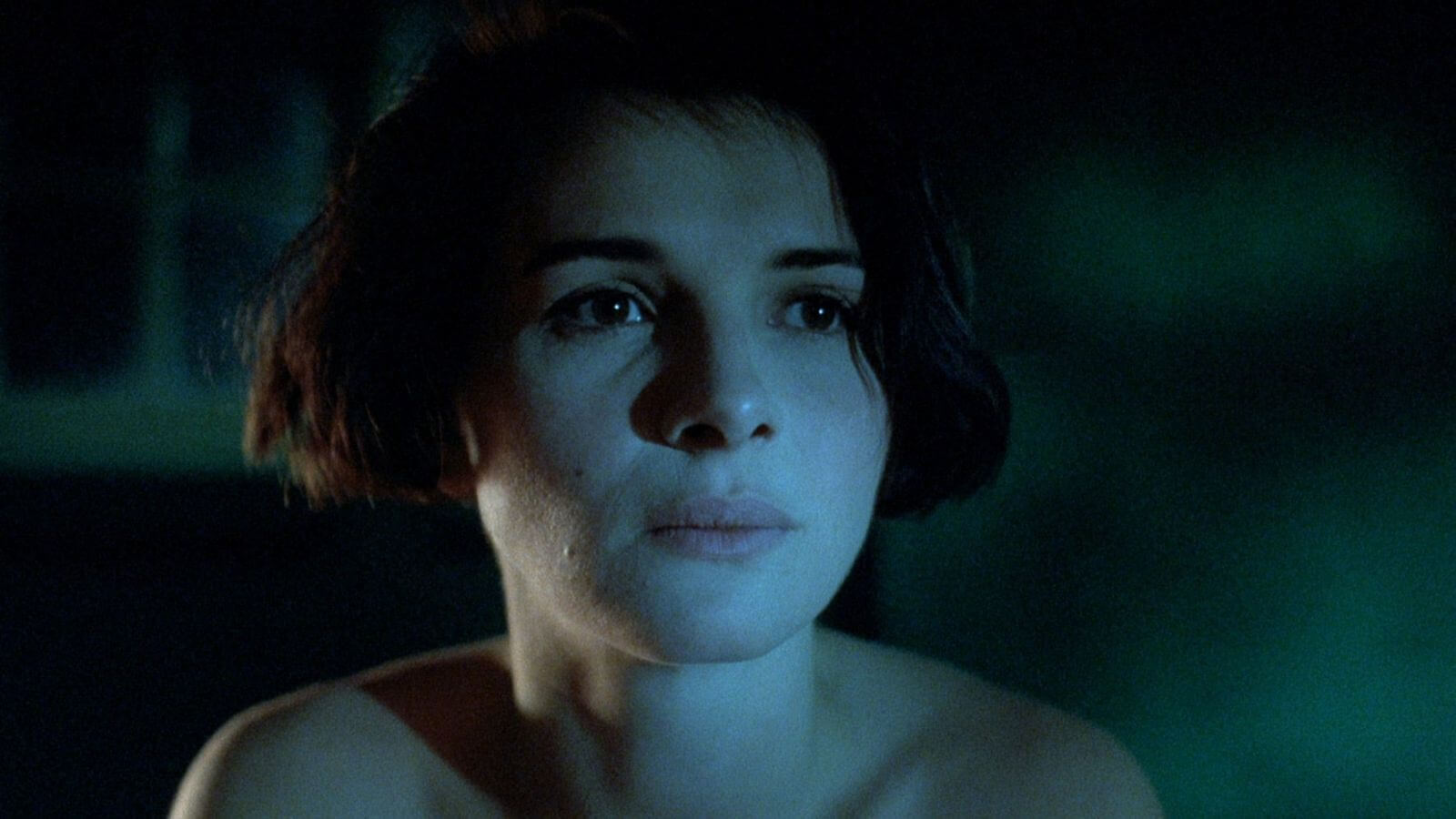Music festivals, one of the largest and most impressive venues for live music events, give fans a fantastic chance to see a large number of bands and artists at once in one vibrant community. Venues have become linked with freedom, creativity, and possibly the ultimate experience where music comes to life, from the heyday of Woodstock to the mega-festivals of Coachella and Glastonbury today.
However, hundreds of attendees at music festivals have been wondering if the events haveMusic Festivals gotten worse in recent years. Let’s take a closer look at what may or may not have changed throughout time and whether the enchantment of the festivals of today still holds true. We discuss the unique qualities of having a Concert Buddy and how this companion elevates a fun musical evening into an experience that will never be forgotten.
The Commercialization of Festivities
A major concern is the increasing commercialization of music festivals. For most people, what was once a naturally occurring, somewhat organic gathering of music lovers has turned into a corporately sponsored event. Nowadays, almost every festival features branded stages and booths, and nearly every firm in the world has ads on its surfaces. The cost of tickets is rather high, and in many respects, certain festivals have evolved from being a music celebration to a place where large corporations may sell their goods.
The experience may be lessened by its commercialization. In the past, music and camaraderie were the only things that stood out at festivals, which were calm and relaxed. It is claimed that the soul of numerous events is lost because large sponsors have almost all of them, raising the question: have music festivals gotten worse due to this shift?
Long Lines and Crowding
One major disadvantage is overcrowding. As festivals have grown in popularity, crowds have also followed. It used to feel quite intimate, but now it feels a bit like the sea of humanity; not everyone can see the stage directly, and many have to wait a long time to obtain food and drink or even a bathroom.
It is, to put it mildly, uncomfortable, but in certain instances, it may even be dangerous—it has caused catastrophes like panic attacks and trampling—the fine line between ticket sales and environmental safety needs to be maintained. This raises further concerns about whether have music festivals gotten worse in terms of attendee safety.
Technology’s Ascendancy Over Experience
It is undeniable that technology has changed the festival experience. While some of the effects of such things are positive, such as online ticket purchases or even live streaming of shows, others only have negative effects.
Yes, there are a ton of cell phones on the festival stage today. It’s possible that thousands of spectators are prepared to be hooked to their phones while they wait for a performance or intermission so they can take pictures of the event and share them on social media. Glowy screens always ruin the chemistry of live music; the entire feeling of being live. Without all those high-tech gimmicks, this does not look like much fun to folks who come to enjoy the event. This trend raises the question: in terms of genuine enjoyment?
Exorbitant Prices and the VIP Culture
The fact that it gets considerably more expensive to attend the festivals is another reason why some people think they have lost their allure. When travel, lodging, and food are taken into account, many festivals that were once reasonably priced now have extremely exorbitant admission costs. Additionally, the emergence of a VIP culture gave rise to a VIP experience wherein individuals pay extra for a private restroom, a lounge, and a better view, leaving the other aspects of the event to be handled by “standard” ticket holders.
Because of the rather divisive nature of the tier structure, enjoying events is less about group happiness and more about who can afford to get the greatest freebies. At many festivals, everyone was there to enjoy the music; therefore, enjoyment was all about equality. The cohesiveness is undermined by VIP areas and exclusive advantages, prompting many to ask if music festivals have gotten worse.
Lack of Diversity and Lineup Fatigue
However, there are drawbacks to exclusivity: too much of a positive thing in the performing acts. Festival lineup fatigue is made worse by the fact that the same well-known performers appear year after year. Because the excitement of discovery has reportedly been replaced by the predictability of headliners they know and trust, festival attendees believe that the experience is less unique and thrilling.
This might also be related to the financial strain that festivals experience. Since more well-known performers are known to sell some tickets, they are scheduled before up-and-coming performers. In any case, this results in more predictable and less inventive festivals, further supporting the argument of whether have music festivals gotten worse.
Problems with Weather and Environmental Issues
Although the weather always seems to be a wild card for music events, it has become increasingly problematic as concerts have grown in size and scope. There are several factors that could make an otherwise enjoyable event frustrating, such as unusually hot weather, rainy conditions, or even muddy grounds. But recently, there has been an increase in awareness about the ecological effects of large-scale festivals. The thought of a festival with thousands of attendees in one location and the amount of trash they produce—plastic cups, abandoned tents, and so much more—is unsettling. The environmental impact of such massive gatherings is still up for debate, but some festivals are trying to be more environmentally friendly.
In Conclusion, Is Everything Bad?
Even if everything is taken into consideration, it is still true that not all festivals “have gotten worse.” Many still provide amazing experiences that immerse ardent music fans in a lavish celebration of life-changing performances. Some people could still be able to enjoy the excitement of live performances at festivals all over the world, the activities of the community, and the delight of finding new music. It’s obvious that the festival scene has changed, leading us to wonder once more: have music festivals gotten worse?


